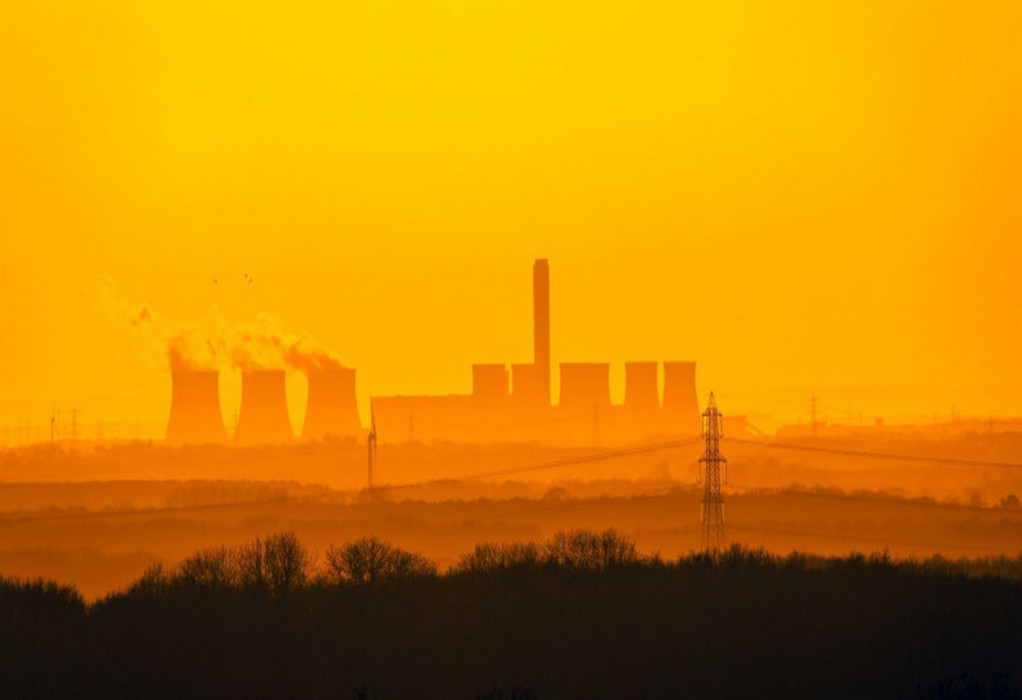Synthetic biology and engineering company LanzaTech commercialized a technology that captures carbon from steel mills and ferril alloy mills before it is released into the atmosphere; it is then transformed into raw materials that are used in products traditionally derived from petroleum.
Plants get a new revenue stream through the sale of ethanol made from that carbon waste. And their customers have the carbon they need as a starting material for their packaging and products.
Offtakers come from the home cleaning products sector, textiles, personal care and cosmetics industries, the packaging and aviation sectors. To drop a few big names, adidas incorporated materials made from carbon into its tennis collection for the 2023 Australian Open. Coty launched a Gucci fragrance made from 100 percent emissions-derived ethanol. Unilever uses it in dishwashing soap, laundry capsules, and detergent. Now Dow is introducing a surfactant for cleaning products, and LanzaTech and L’Oreal are beginning work on polyethylene cosmetic bottles.
This is how it works: the technology captures carbon monoxide, which undergoes a fermentation process where bacteria consume the carbon and convert it to liquid ethanol in large-scale bioreactors built by LanzaTech. The technology is feedstock agnostic, says Kit McDonnell, a biologist and director of communications at LanzaTech. Pilots and demos are now underway that process agricultural waste and municipal solid waste, which she says can be used to make the same materials as from other carbon sources.
Recycled carbon could actually go into all sorts of everyday commodities.
Plastipak is making food- and pharmaceutical-grade polyethylene terephthalate (PET) packaging from carbon that leverages LanzaTech’s process.
The drop-in resin, used by Plastipak personal care and pharmaceutical customers, has a 21.5 percent lower carbon footprint and requires 16 percent less fossil resources for its production compared to virgin PET, based on lifecycle analyses.
LanzaTech is moving into another area: recycling end-of-life goods, recognizing there will eventually be a need to manage all these products made from carbon emissions downstream.
Bridgestone is vetting LanzaTech’s carbon capture technology as a possible way to recycle old tires. And sportswear brand On, who already has a running shoe made from carbon, is looking to reuse carbon in end-of-life shoes to make new products.
Brookfield Corporation has committed up to $500 million to build out the infrastructure, with potential to double the funds to help accelerate projects in North America and beyond. And in December 2023 LanzaTech announced an agreement with Olayan to fund projects in Saudi Arabia and possibly in the greater Middle East region.
Some of the overseas work is happening in partnership with governments and energy-intensive industries. Plants in India and Europe have become the first in those regions to leverage the carbon recycling technology. In India, IndianOil’s Panipat refinery is being transformed into ethanol. And in Belgium, ArcelorMittal’s Steelanol plant utilizes steel mill emissions to produce ethanol.
There’s more work in planning phases, including Project Dragon in Europe, an integrated carbon recycling and ethanol-to-jet fuel facility. With about $25 million in initial funding from the U.K. Department for Transport, this facility is intended to position Port Talbot in Wales as a new sustainable aviation fuel (SAF) production hub.
The focus is also on SAF in Abu Dhabi where LanzaTech is working with waste management company Tadweer to transform municipal solid waste into this high-demand commodity with LanzaTech sister company LanzaJet.
What’s driving the interest varies by region. From LanzaTech’s conversations and experience, the E.U. is looking at how to reach net zero; the Kingdom of Saudi Arabia has a range of circular economy initiatives aiming to strategically align economics with environmental benefits; and U.S. players are incentivized by policies such as the Inflation Reduction Act, which includes tax credits for carbon capture and storage and carbon capture and utilization technologies.
Japanese-headquartered Sekisui Chemical Company prepares feedstock to be fed into LanzaTech’s gas fermentation process to make ethanol.
Tags: Carbon Capture, LanzaTech, Packaging, products



Recent Posts
Scandlines Nears Delivery of Zero Emissions Ferry Following Successful Sea Trials
India faces emission roadblocks with rising net-zero demands
Green Energy Resources invests in two electric Liebherr LHM 550
NYK Launches Continuous Use of Bio LNG Fuel on Car Carriers to Advance Decarbonization Goals
Yang Ming Expands Fleet with Methanol and LNG Dual-Fuel Vessels Under Fleet Optimization Plan
ClassNK Advocates Speed Gap Monitoring to Optimize Fuel Efficiency in Heavy Weather
Wärtsilä’s retrofit package for the Corsica Linea ferry Pascal Paoli has resulted in fuel savings of up to 22 percent Corsica Linea
COSCO Shipping Names Second Methanol Dual-Fuel Containership in Yangzhou